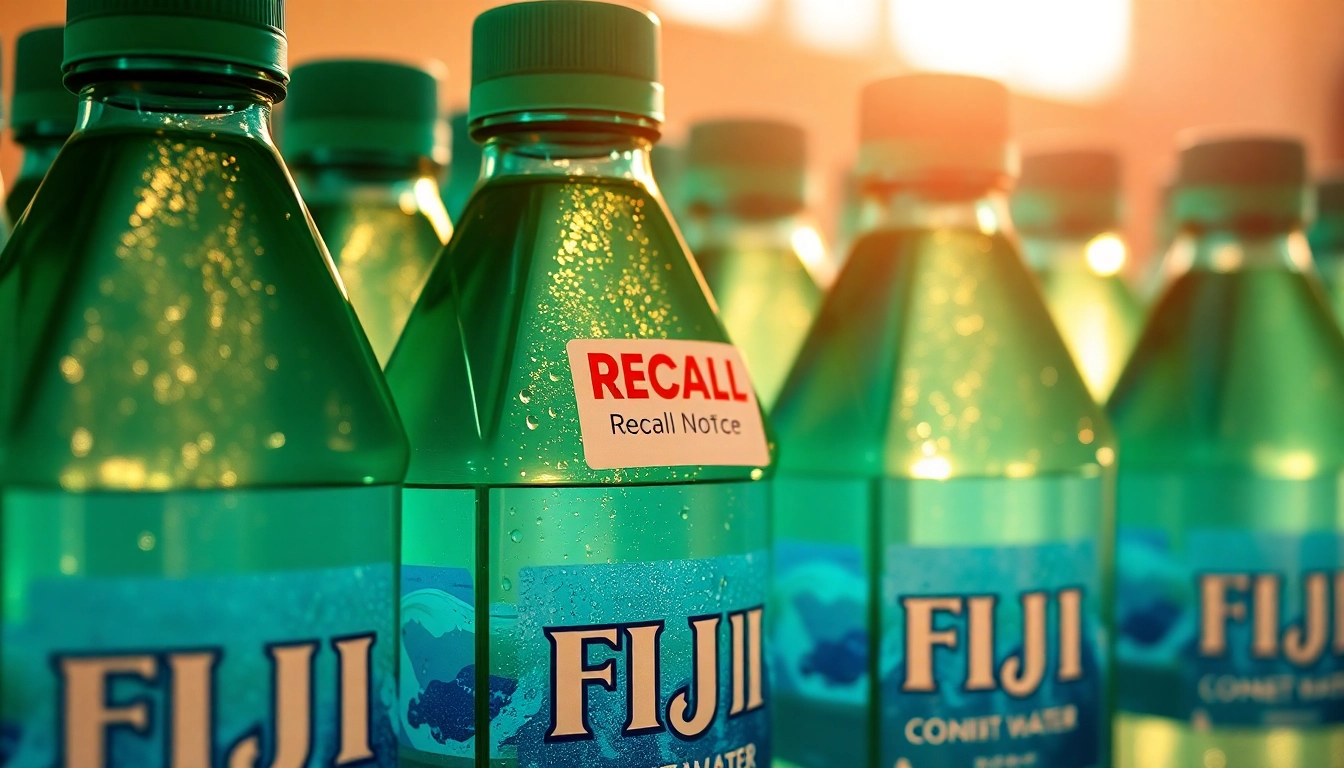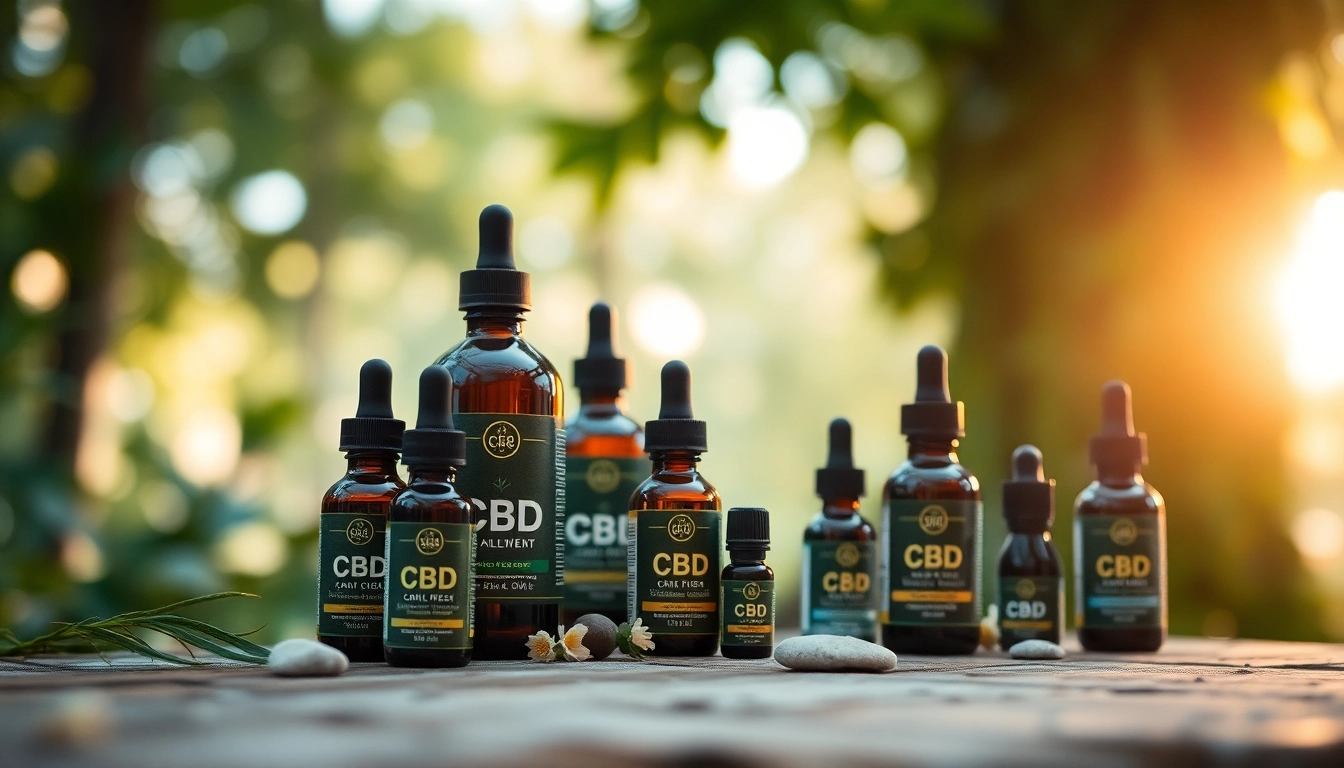Overview of the Fiji Water Recall
In May 2024, the U.S. Food and Drug Administration (FDA) announced a significant recall of fiji water bottles recalled. This recall encompassed 78,533 cases, equating to approximately 1.9 million bottles of Fiji Natural Artesian Water. The reason behind this extensive recall was concerns about contamination, specifically due to the presence of elevated levels of manganese and bacteria.
What Occurred During the Recall?
The recall was initiated after routine testing identified possible risks associated with these bottled water products. Manganese, while an essential nutrient at low levels, can pose health risks when consumed in excessive quantities. Concerns were raised when tests indicated elevated manganese levels, alongside three bacterial genera, which are known to cause health complications. The recall was characterized as a Class III recall, which indicates a situation where use of the product is not likely to cause adverse health consequences.
Details About the Recalled Fiji Water Bottles
The affected products included Fiji Natural Artesian Water bottles of 500 mL, packaged in cases of 24. This recall specifically targeted products sold online, particularly through major platforms such as Amazon. As a precautionary measure, the manufacturer, Natural Waters of Viti Limited, advised consumers to halt consumption of the affected batches and return them for a refund or replacement.
Understanding the Class III Designation by the FDA
The FDA classifies recalls into three distinct categories based on the severity of health risks associated with the product. A Class III designation, the one assigned to this recall, indicates that the recalled product is unlikely to cause any adverse health effects. Typically, these are minor violations that do not require immediate remedial action but rather notify consumers and act as a reminder for the manufacturer to ensure quality controls are upheld. Even so, consumers are still strongly encouraged to take this notice seriously and act accordingly.
Health Risks Associated with Contaminated Water
Water is one of the most essential components for health, yet when contaminated, it can lead to significant risks. The recent recall of Fiji Water highlights the potential health concerns associated with the consumption of Bottled water. It’s crucial for consumers to understand these risks.
What Is Manganese and Its Effects?
Manganese is a trace mineral that plays a role in several bodily functions, including metabolism and bone formation. However, excessive consumption can lead to adverse health effects such as neurological damage. The Minnesota Department of Health has expressed concerns that long-term exposure to high levels of manganese may result in cognitive impairments and other neurodevelopmental issues, particularly in children. For adults, high manganese levels can also lead to symptoms similar to Parkinson’s disease.
Types of Bacteria Found in Fiji Water
The bacteria detected in the recalled Fiji Water were not disclosed in detail; however, common bacterial genera that may pose health risks can include E. coli, Salmonella, and Campylobacter. These bacteria can lead to gastrointestinal distress, fever, and more severe complications, especially in individuals with weakened immune systems, the elderly, and children. Such contaminants raise inconsistencies with safety standards established by regulatory bodies.
How Contaminated Water Can Impact Health
Water contamination can have immediate and long-term health effects. Acute exposure might result in short-term illnesses, while chronic exposure can lead to serious conditions. These might include various gastrointestinal ailments, reproductive problems, developmental issues in infants and children, and compromised immune system function. Moreover, consumers may not always sense that the water they are drinking is contaminated, thereby elevating the risk of prolonged exposure.
Steps to Take If You Have Recalled Fiji Water
If you believe you have purchased the recalled Fiji Water, it is important to take immediate action to ensure your health and safety. Here are steps to guide you through the process.
Identifying Affected Bottles
To determine whether the Fiji Water bottles you have are part of the recall, check for any notifications that come with the product packaging or visit the manufacturer’s website. Typically, affected products will be listed along with their batch numbers, which may be printed on the label. If you purchased your Fiji Water online, check your order history to verify the product details.
Returning or Replacing Contaminated Bottles
Consumers are advised to return any affected bottles to the store where they were purchased. Many retailers have established return policies for recalled items. Alternatively, consumers can reach out to the manufacturer for instructions on how to return the product directly or request a refund or replacement. Maintaining receipt documentation may simplify this process, though many retailers will allow returns without receipt for safety recalls like this one.
Recommendations for Safe Consumption
For safety, it recommended that consumers avoid drinking bottled water that is under recall until they can verify its safety. Additionally, for those who regularly consume bottled water, it may be worthwhile to look into purchasing from reputable brands that maintain rigorous quality control and transparency regarding their sourcing and testing practices. Staying informed about potential recalls and understanding the implications of water safety is crucial for long-term health.
Regulatory Response and Updates
In the event of a recall like that of Fiji Water, regulatory bodies such as the FDA play a critical role in ensuring consumer safety. Their steps facilitate swift action to mitigate public health risks.
FDA Actions on Fiji Water Recall
The FDA responded promptly by issuing statements advising the public of the recall and its implications. Their communication typically includes details such as the reason behind the recall, the number of affected products, and guidance for consumers on how to identify and handle the recalled items. The FDA continually monitors the situation, thereby enabling informed consumer choices to support health and safety in the community.
Company Response and Recovery Plans
In addition to compliance with the FDA, Natural Waters of Viti Limited, the maker of Fiji Water, has committed to conducting a thorough investigation into the cause of the contamination. In their response, they outlined plans to improve their quality control processes to prevent any future occurrences. Transparent communication with consumers and public health authorities is also a priority for the company as they navigate consumer inquiries and concerns throughout the recall.
Future Monitoring for Safety Compliance
Post-recall, manufacturers are often under increased scrutiny by regulatory agencies. This includes rigorous monitoring of production processes and water quality testing before products are released to the market. The incident has prompted discussions about better regulatory frameworks to ensure consumer safety across all brands of bottled water. Such measures include more frequent safety audits and enhanced transparency in manufacturing practices.
Consumer Awareness and Educational Resources
The incident involving Fiji Water underscores the importance of consumer awareness regarding product safety. Access to relevant information allows consumers to make informed decisions about their health and wellness.
Staying Informed About Water Safety
Consumers should actively seek reliable sources of information regarding product recalls, especially for food and water products. Websites like the FDA’s official page, as well as local health departments, provide current data regarding recalls, product safety, and health impacts. Following health organizations on social media and subscribing to safety alert newsletters can also keep consumers informed.
How to Report Issues with Bottled Water
If consumers encounter issues with bottled water products—whether through unusual taste, appearance, or labeling discrepancies—they are encouraged to report these findings. The FDA encourages consumers to contact them directly or submit complaints through their website. Customer feedback also aids regulatory agencies in identifying trends that necessitate further investigations into product safety.
Available Resources for Health Guidance
For health-related inquiries resultant from potential water contamination, it’s advisable for consumers to consult healthcare professionals. They can offer personalized guidance for individuals who have consumed contaminated products or exhibit potential health impacts. Resources including local health departments, the Centers for Disease Control and Prevention (CDC), and the World Health Organization (WHO) may also provide relevant information concerning health risks and safety practices.



